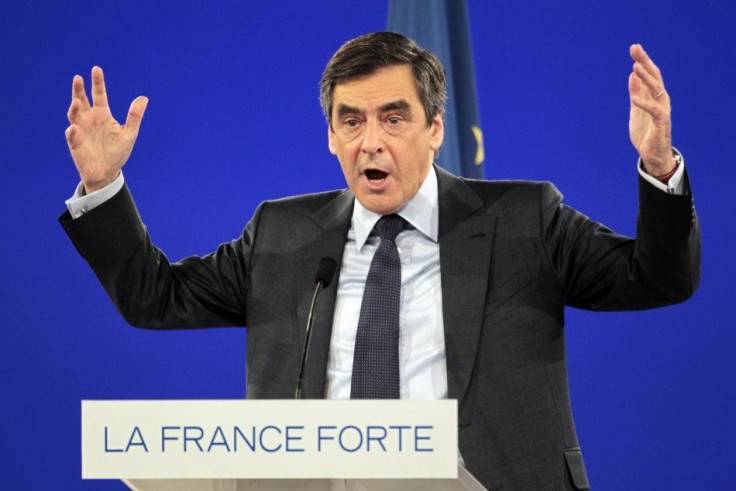French PM Denies Gunman Could Have Been Prevented From Committing Murders

Despite the rising criticism against France's security forces, Prime Minister Francois Fillon defended the work done by the country's Central Directorate of Interior Intelligence (DCRI) in confronting and stopping the terrorist Mohamed Merah.
Merah killed a total of 7 people, three soldiers in Toulouse and four people, including three children, in front of a Jewish school.
Merah, who reportedly sympathized with al Qaeda and received military training in Afghanistan and Pakistan, died on Thursday after allegedly jumping out of his apartment window, at the culmination of a 32-hour police siege.
On Friday, Fillon asserted that there existed no element to apprehend Mohamed Merah in response to remarks made by the Socialist presidential candidate, Francois Hollande, that there is a flaw in national security services.
Merah, a French citizen of Algerian descent, was indeed under French surveillance ever since his travels to Afghanistan and Pakistan.
The United States ultimately placed Merah on a no-fly list, banning him from any planes heading to the US. He is also believed to have been placed on the FBI's terror watch list.
France, on the other hand, discerned that there was no clue could allow us to think that he was a dangerous man and would one day commit such a crime, Fillon said.
The issue lies in whether sufficient evidence existed to effectively contain Merah. Fillon denies that there were any legal grounds for the arrest of Merah before he carried out the three attacks in and around Toulouse.
We live in a lawful State and I am surprised that esteemed politicians are the first to take offense at decisions concerning documentation, surveillance, and who would like that we watch over someone every hour of the day without any judicial decisions, when we have no permission to do so, Fillon lashed out.
In an interview conducted by the French news publication, Le Monde, director of the DCRI Bernard Squarcini painted Merah as an atypical fundamentalist, perhaps even a mentally ill man, that France could not have apprehended.
According to Squarcini, Merah was a self-educated fundamentalist with a potential psychiatric disorder due to family history.
He did not have the surface attributes of a radical fundamentalist, said Squarcini.
According to Squarcini, Merah visited family during his first trip to Afghanistan in 2010 after having traveled throughout the Middle East. He came under France's radar by November of that year in a routine control check in Kandahar, Afghanistan.
The DCRI investigated him and found no hints of radicalism. Merah did not even attend mosque on a regular basis.
Merah came into contact with the DCRI again in the fall of 2011 for an administrative interview. He described his trip to Afghanistan willingly.
His subsequent trip to Pakistan did not raise any red flags either. But during the raid earlier this week, Merah admitted that it was in Waziristan that he received personal combat instructions, having avoided the larger centers of terrorist training activity in the country.
The DCRI consistently seemed to classify Merah as an individual to keep an eye on, but failed to monitor him thoroughly.
Even after Merah murdered the three French soldiers (which occurred prrior to the massacre at the Jewish school in Toulouse), he was still not perceived to be a terrorist by French authorities.
We asked ourselves still at that moment what path to take, that of the extreme rightist, the jihadist, or the insane, said Squarcini.
By the time Merah committed his second spate of murders, it was too late.
We couldn't have gone faster, as Le Monde's Squarcini interview is appropriately titled.
© Copyright IBTimes 2025. All rights reserved.





















